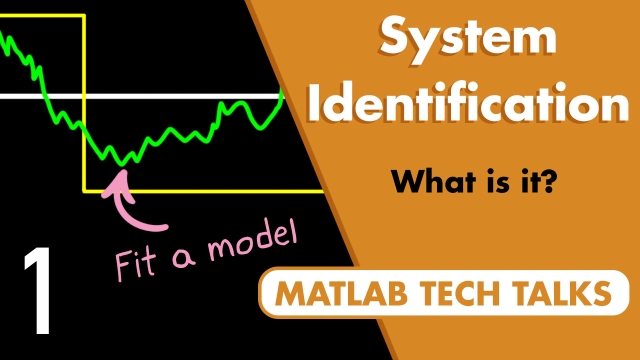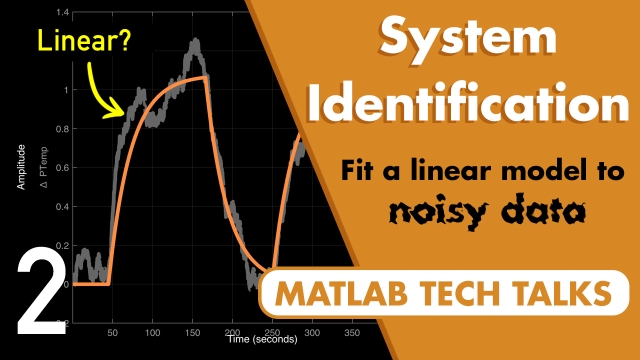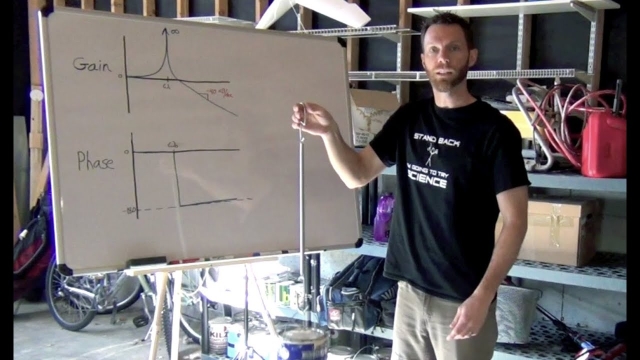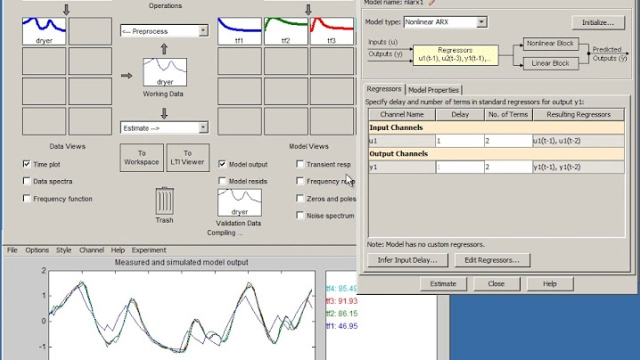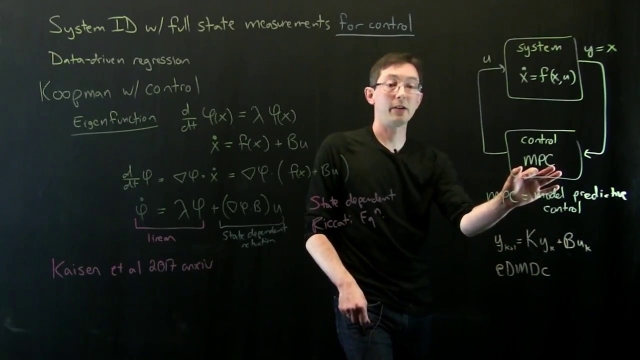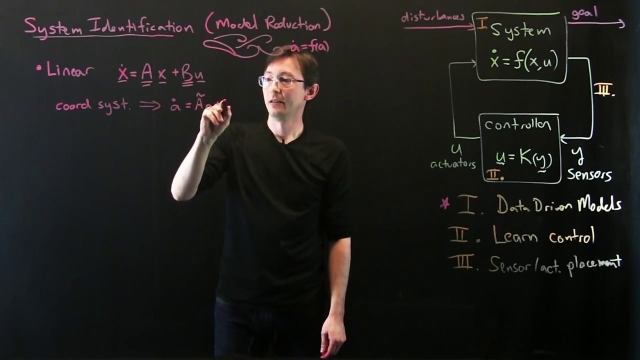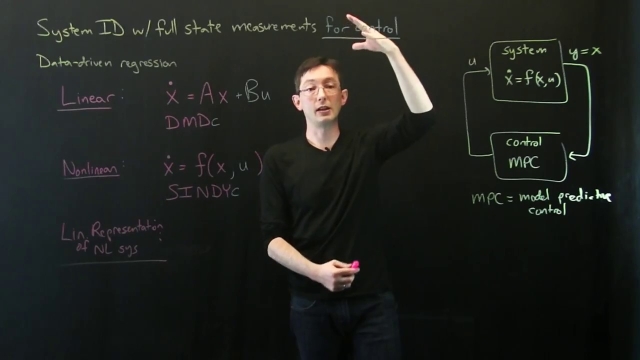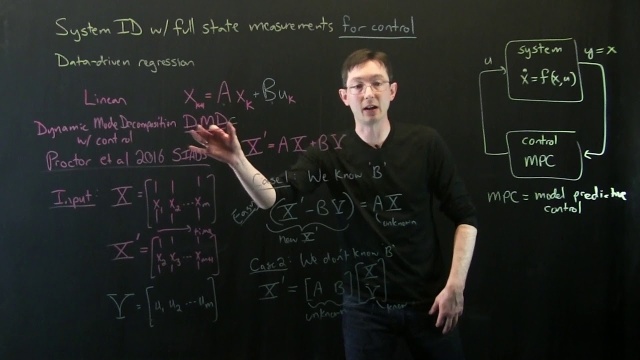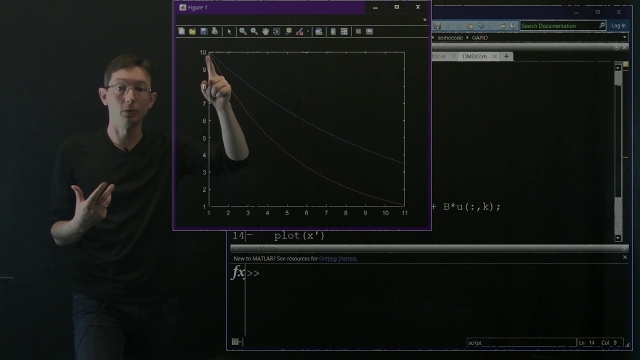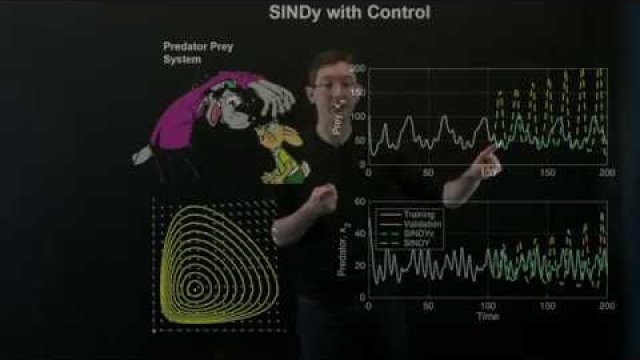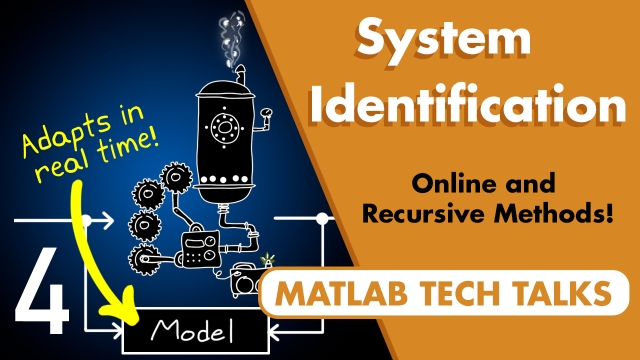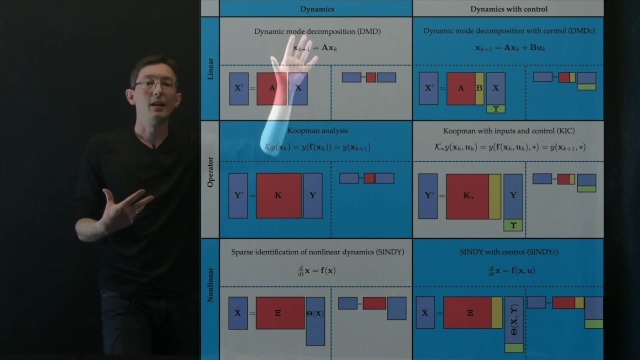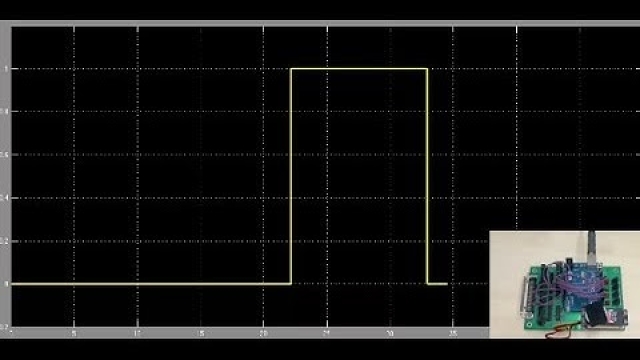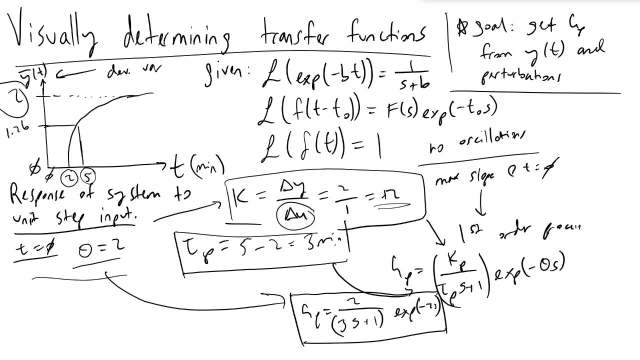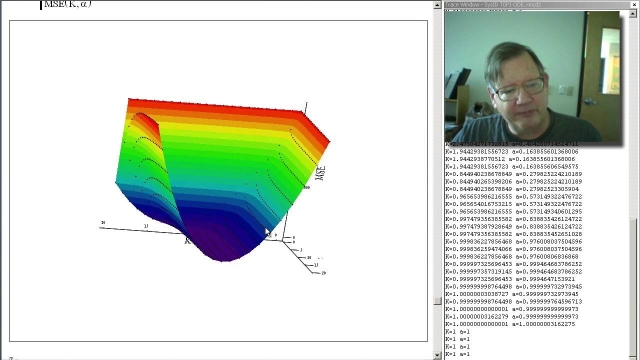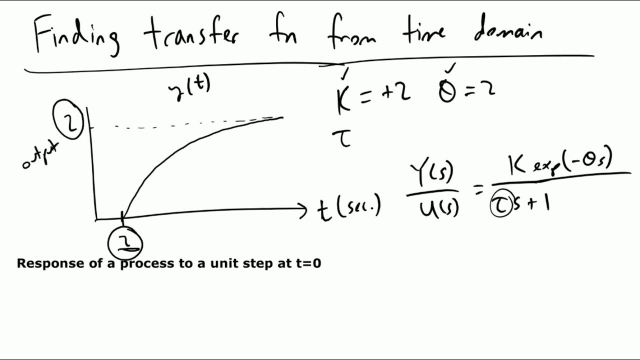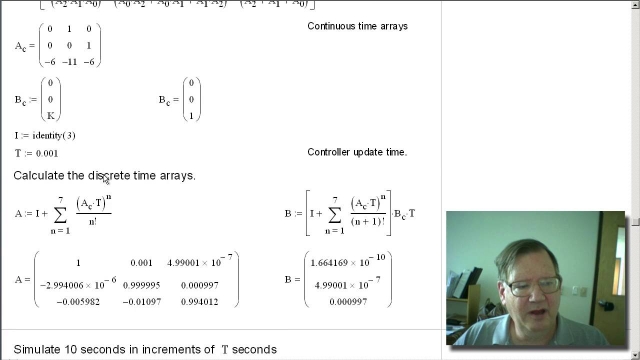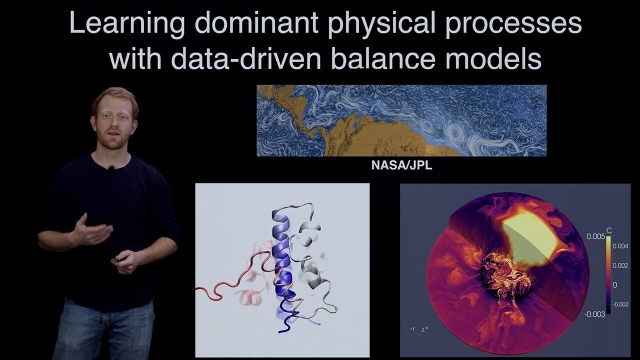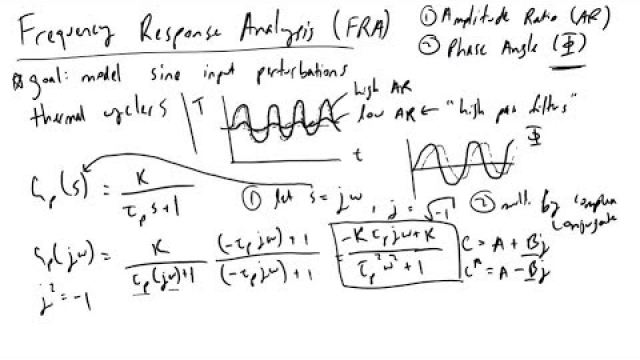The field of system identification uses statistical methods to build mathematical models of dynamical systems from measured data. System identification also includes the optimal design of experiments for efficiently generating informative data for fitting such models as well as model reduction. A common approach is to start from measurements of the behavior of the system and the external influences (inputs to the system) and try to determine a mathematical relation between them without going into many details of what is actually happening inside the system; this approach is called system identification.
Topic
System Identification
This topic includes the following resources and journeys:
Type
Experience
Scope
What Is System Identification? | System Identification, Part 1
Get an introduction to system identification that covers what it is and where it fits in the bigger picture. See how the combination of data-driven methods and physical intuition can improve...
See MoreLinear System Identification | System Identification, Part 2
Learn how to use system identification to fit and validate a linear model to data that has been corrupted by noise and external disturbances Noise and disturbances can make it difficult to...
See MoreSystem Identification Methods
System Identification is the process of determining the model or the equations of motion for your system. This is incredibly important because basing a control system design off of a bad...
See MoreIntroduction to System Identification
In this webinar, you will have a unique chance to learn about system identification from a world-renowned subject expert, Professor Lennart Ljung. Professor Ljung will explain the basic...
See MoreSystem Identification: Koopman with Control
This lecture provides an overview of the use of modern Koopman spectral theory for nonlinear control. In particular, we develop control in a coordinate system defined by eigenfunctions of...
See MoreData-Driven Control: Linear System Identification
Overview lecture on linear system identification and model reduction. This lecture discusses how we obtain reduced-order models from data that optimally capture input--output dynamics.
See MoreSystem Identification: Full-State Models with Control
This lecture provides an overview of modern data-driven regression methods for linear and nonlinear system identification, based on the dynamic mode decomposition (DMD), Koopman theory, and...
See MoreSystem Identification: Dynamic Mode Decomposition with Control
This lecture provides an overview of dynamic mode decomposition with control (DMDc) for full-state system identification. DMDc is a least-squares regression technique based on the singular...
See MoreSystem Identification: DMD Control Example
This lecture gives a Matlab example of dynamic mode decomposition with control (DMDc) for full-state system identification.
See MoreSystem Identification: Sparse Nonlinear Models with Control
This lecture explores an extension of the sparse identification of nonlinear dynamics (SINDy) algorithm to include inputs and control. The resulting SINDY with control (SINDYc) can be used...
See MoreOnline and Recursive System Identification | System Identification, Part 4
Online system identification algorithms estimate the parameters and states of a model as new data is measured and available in real-time or near real-time. Brian Douglas covers what online...
See MoreSystem Identification: Regression Models
This lecture provides an overview of modern data-driven regression methods for linear and nonlinear system identification, based on the dynamic mode decomposition (DMD), Koopman theory, and...
See MoreNonlinear System Identification | System Identification, Part 3
Learn about nonlinear system identification by walking through one of the many possible model options: A nonlinear ARX model. Brian Douglas covers the importance of adding an offset term to...
See MoreOnline Fault Detection for a DC Motor
Program embedded processors to estimate parameters and detect changes in motor dynamics in real time using System Identification Toolbox™.
See MoreVisually Determining Transfer Functions
Process Control classes can get pretty hard to follow when you lose sight of what transfer functions really are. How do you get them in the first place?
See MorePeter Ponders PID - System Identification Basics
Finding Transfer Functions from Response Graphs
Given a system response to a unit step change, in this video I'll cover how we can derive the transfer function so we can predict how our system will respond...
See MorePeter Ponders PID - System Identification Advanced
Identifying Dominant Balance Physics from Data - Jared Callaham
This video illustrates a new algorithm to identify local dominant physical balance relations from multiscale spatiotemporal data.
See MoreFrequency Response Analysis FRA and the Amplitude Ratio and Phase Angle
Process engineers model output response to inputs that oscillate via frequency response analysis (FRA). In this video, I'll go over amplitude ratios and phas...
See More
